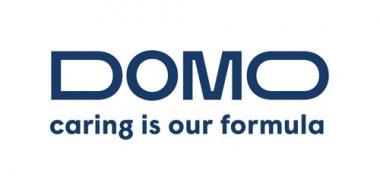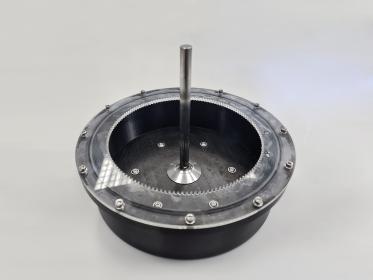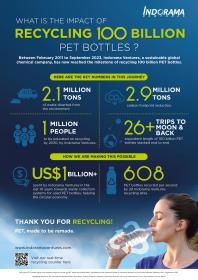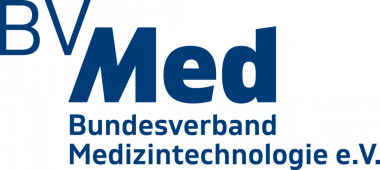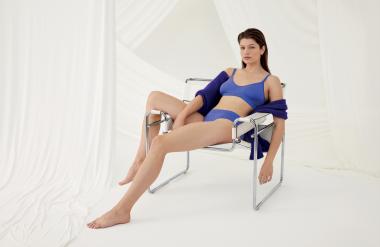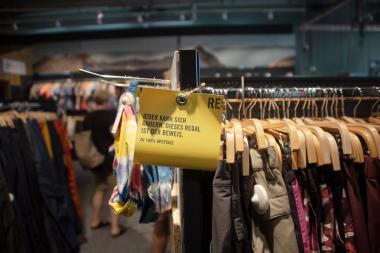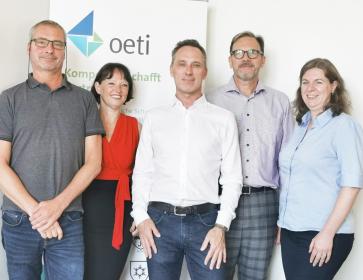EcoVadis Gold Rating für DOMO Chemicals
DOMO Chemicals, ein führender Hersteller technischer Materialien, bestätigt sein Engagement für Nachhaltigkeit mit dem Erhalt des EcoVadis Gold Ratings. Verbessert um 13 Punkte im Vergleich zum Vorjahr gehört DOMO zu den besten 5% aller von EcoVadis bewerteten Unternehmen. EcoVadis ist eine führende Plattform für die Nachhaltigkeitsbewertung von Unternehmen mit mehr als 100.000 Mitgliedsunternehmen.
Yves Bonte, CEO von DOMO Chemicals: " Innerhalb eines Jahres ist es uns gelungen, von den Top 25% in die Top 5% aufzusteigen, was DOMO zu einem der besten Unternehmen der Branche macht. Dies zeigt unser Engagement für unser ehrgeiziges Ziel, bis 2030 der Maßstab für Nachhaltigkeit in der Branche zu werden."
DOMO Chemicals


